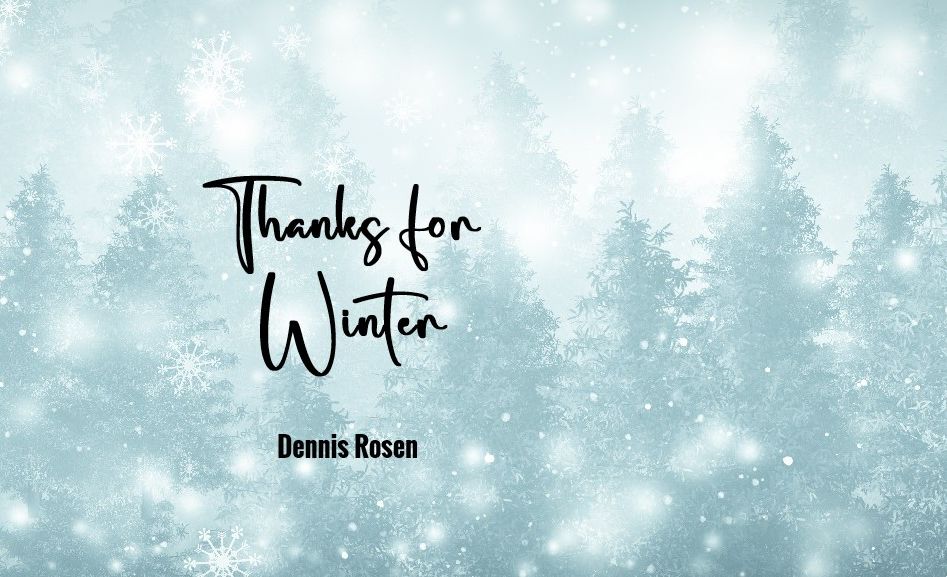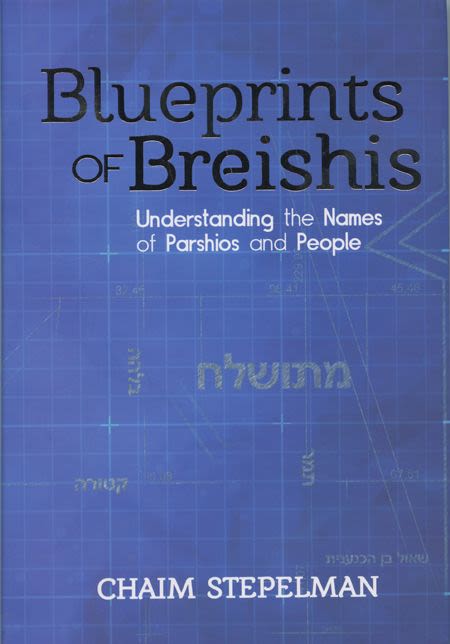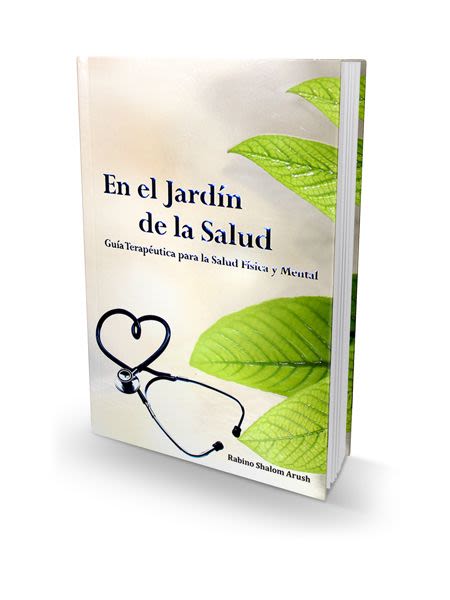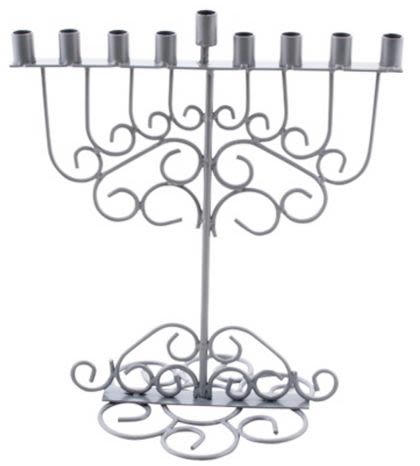
All For The Best
I’m an expert at looking back on certain past decisions and deluding myself into thinking that they were a mistake. I suspect that I’m in pretty good company…

Many people including myself, repeatedly fall into the same trap regarding the first principle of emuna. Or was it the third? Maybe second? Oy.
Anyhow, that principle (whichever it is) says that everything Hashem does is for our best. As in, ultimate benefit. As in, “One day, child, u gonna see that yo’ Daddy knows what He’s doin’! And He’s doin’ it for yo’ best, so sit down and finish those peas on your plate!”
“Awwww, do I have to??” I whine as I reluctantly shove a spoonful of gray/green canned peas into my mouth. I meant organic, lightly steamed, healthy broccoli sprouts. Because we all know canned vegetables = dead vegetables = zero nutritional value. But those yummy broccoli sprouts? They’re packed with vitamins and anti-cancer properties, plus they taste really yummy!
Just like when we were kids and didn’t want to eat our veggies, our parents tried to get us to at least taste them in the hopes that we would grow up healthy and strong so we could become rich enough to buy them a fancy apartment in one of those fancy shmancy retirement communities where they could  play mahjong and golf all day long. And then go out to the 5:00/$5 early bird special.
play mahjong and golf all day long. And then go out to the 5:00/$5 early bird special.
Anyhow.
I’m an expert at looking back on certain past decisions and deluding myself into thinking that they were a mistake. I suspect that I’m in pretty good company.
But since we’re supposed to have emuna, we’re supposed to believe that our mistakes were actually not mistakes, but rather willed by Hashem to happen. For our ultimate benefit, of course.
In theory it sounds very nice, but in practice it’s very, very, superduperuper almost impossible.
And here’s why I think that is.
When we think of the phrase, “It’s all for the best,” we (at least I) imagine a fairy-tale, Hollywood-style ending. We might envision walking off into the sunset for added effect. Or whatever fantasy you have going on in your brains.
But is that what “all for the best” really means? That we all live happily ever after?
Well, in a very long-term and general sense, yes. But I’m talking long-term like Mashiach and Holy Temple kind of long-term.
In reality, sometimes the Hollywood ending doesn’t happen in our lifetimes. Sometimes it happens in the world we go to after we die.
And sometimes, “all for the best” could mean something entirely different.
It could mean that there was a lesson we were supposed to learn through our negative experience or mistake. It could mean that there was an area of personal growth we needed to work on, and the difficult experience/mistake was the only way to stimulate our growth.
For example. I have a slight problem with patience. Ever so slight. I hate to go through any process and just want to get to the result already.
But I can think of many times that Hashem put me in a situation that looked like I made a mistake, just so I could learn to accept the fact that life is a process, and I must learn how to be more… patient. (Hate that word. HATE IT!)
If you look at your past mistakes with a bit of humility and open eyes, you’ll always find some area where you had an opportunity to grow and learn from. Usually you can find many in every tough situation.
So in reality, there are no mistakes. If we made a mistake and regret it, we can be sure that Hashem is trying to teach us something. He’s trying to help us grow in his ever-so-patient and loving way.
And if we’re really trying to grow in our emuna, one day we’ll be able to thank Hashem for letting us trip over our clumsy decision-making, and realize how much He really loves us. And wants us to buy new shoes. Lots of new shoes.











Tell us what you think!
Thank you for your comment!
It will be published after approval by the Editor.